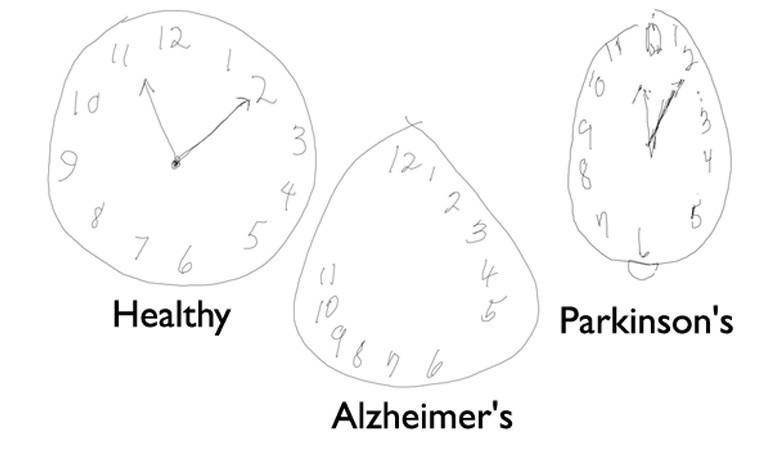Digital Pen Might One Day Help Detect Brain Conditions
Brain diseases like Alzheimer's and Parkinson's can have a severe impact on people later in their life, and one of the biggest problems is detecting them early enough for effective treatments to begin. One way that doctors check for early signs is through patient's drawing irregularities, i.e. distortions in shapes and how long it takes to finish a drawing. Unfortunately, these irregularities, like signs of brain diseases, can be easily overlooked due to a doctor's opinion. But MIT researchers think a digital pen with tracking software could help improve detection.
The digital pen suggested could solve a number of issues with the drawing test method. With software that tracks and monitors the pen's output, it would be easier to detect irregularities. Doctors could see if a drawing is similar to what was drawn in the past, or if there really is a distortion to be concerned about.

But even more than comparing drawing history, the pen's software could analyze how someone draws, which is another determining factor. For example, patients with Alzheimer's usually take much longer than a healthy person in the thinking process that comes before doodling, while Parkinson's patients have the hardest time on the actual drawing.
With algorithms keeping track of the above factors, it could possibly help doctors spot the signs of brain disease long before they become apparent in other ways, and have already started to ravage the brain. Unfortunately the technology isn't ready for wide release yet, but the researchers are eager to continue testing, as well as find ways to make it easier to use in hospitals.
SOURCE MIT News
